Ann James: Hello! It's been a minute since we've been in front of each other, and you know I'm going to bring to the forefront the fact that I am currently in the third year of my Loyola Marymount University MFA in performance pedagogy. And you remember, the weekend that we met, we had such a spiritual connection. We planted selenite together on that campus, feeling that in some way, shape, or form we would be drawn together and to each other, and that I would be drawn to that campus. I have to say that those things and those wishes and intentions have definitely come true.
Raja Benz: Oh my heart! It was that understanding of what it meant to be in the room with somebody who I didn’t have to explain myself to. What was that, less than thirty days before the world went on lockdown? I was navigating learning and becoming an intimacy professional in this very new world, and still there was this sort of heartstring…this pull… knowing that there was a community outside of the physical limitations of my little bedroom I’d been stuck in. Our connection has always meant so much to me.
Ann: Yeah, I built this whole business, Intimacy Coordinators of Color, online during the pandemic shutdown. It's remarkable what we as human beings are able to do to adapt to situations. I'm so fortunate to have met you and been in your presence at the very, very beginning of that.
Raja: I’m so humbled.
Ann: Let's get into it. Tell us a little bit about how you learned your intimacy practice.
Raja: I became aware of the intimacy field in about 2017 while I was living in Chicago and working in the DIY, devised storefront theatre scene. I recall hearing little rumbles about the idea of something called an “intimacy director,” and I got really curious. At the time, I was writing for this DIY arts magazine, and I had approached my editor and I got approved to write an article on this new role and how it might find its way into the DIY arts community. And of course, I look back now and I think, “okay… so I didn't really understand what was happening at the time.” I didn't quite have the nuances yet, but did any of us?
So it’s 2017, and we’re coming out of a really divisive electoral season. It’s around this time that I also started questioning my relationship to gender for the first time. My relationship to the intimacy field is deeply tied into this critical time in my life as an artist and human. I was seeing my body in these new, expansive ways and seeing how it related to performance and vulnerability.
As a trans woman of color, I had carried this sense I was being asked to succeed in an artistic discipline that was unable to provide me the tools to actually explore expansively what that meant for me.
Ann: Brilliant. Through the discovery of yourself and the discovery of your truth, you were able to home in on something that is so universal to the acting world.
Raja: As a younger actor, I didn’t understand how my gender was being brought into the room daily and how binary-centered teaching systems couldn’t really account for someone like me. In many ways, the rigid binary system—and how pervasive it is in theatre training institutions—contributed to why it took me so long to come out. I spent so much time feeling like I was failing, like I was always performing something that felt impossible to reach. At the time, I thought it was just how acting school worked. Even when I found “sincerity” as it was defined by these white, Eurocentric teaching models. I felt so disingenuous because my gender was not free to express in that space. As a trans woman of color, I had carried this sense I was being asked to succeed in an artistic discipline that was unable to provide me the tools to actually explore expansively what that meant for me. It’s a practice that asks you to know yourself, but only to explore that if you meet the rules of the system and the room. Or you’re not gonna be on stage at all.
Ann: You just dropped a gem. What I think you said is that if we don't fit into the subscribed idea of what it means to take on character based on a white supremacist, patriarchal society, then we are somehow less than as an actor. That pervades the profession. When we're in these audition rooms and callback rooms, if we don't have a certain amount of performative layering on top of who we really are and what we can really deliver, then we probably will not get cast. Because we're not conforming, but instead being our authentic selves unencumbered by societal boundaries, there will be something not quite "right" about us.

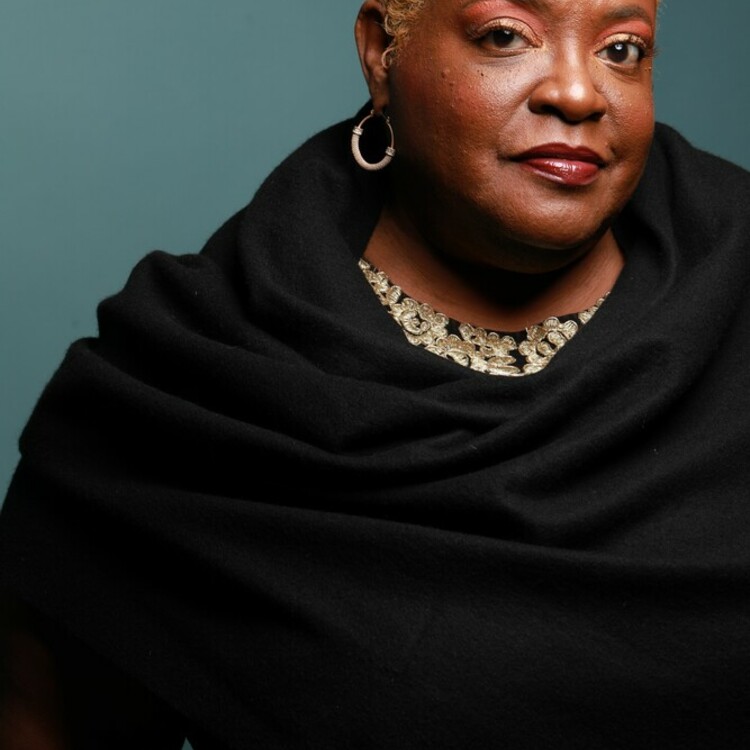
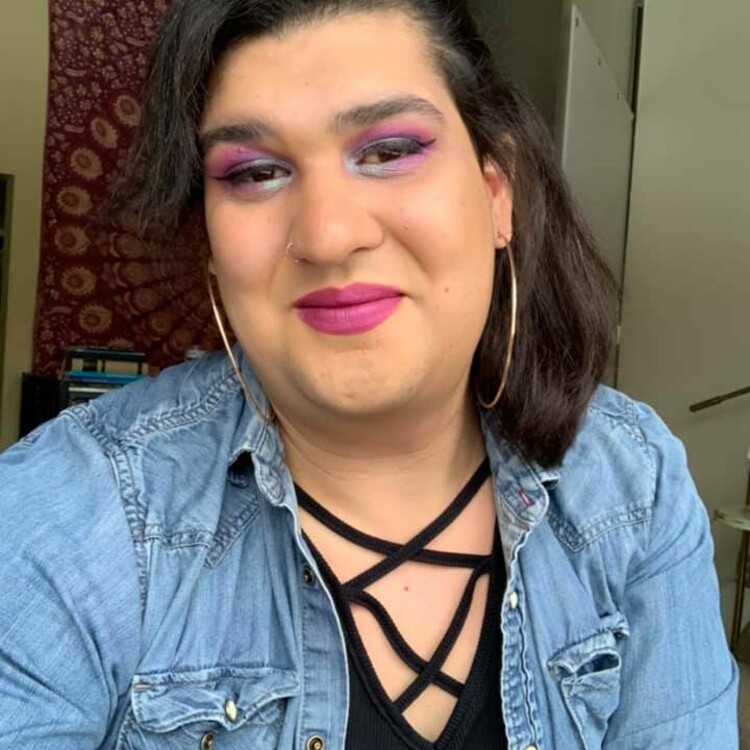
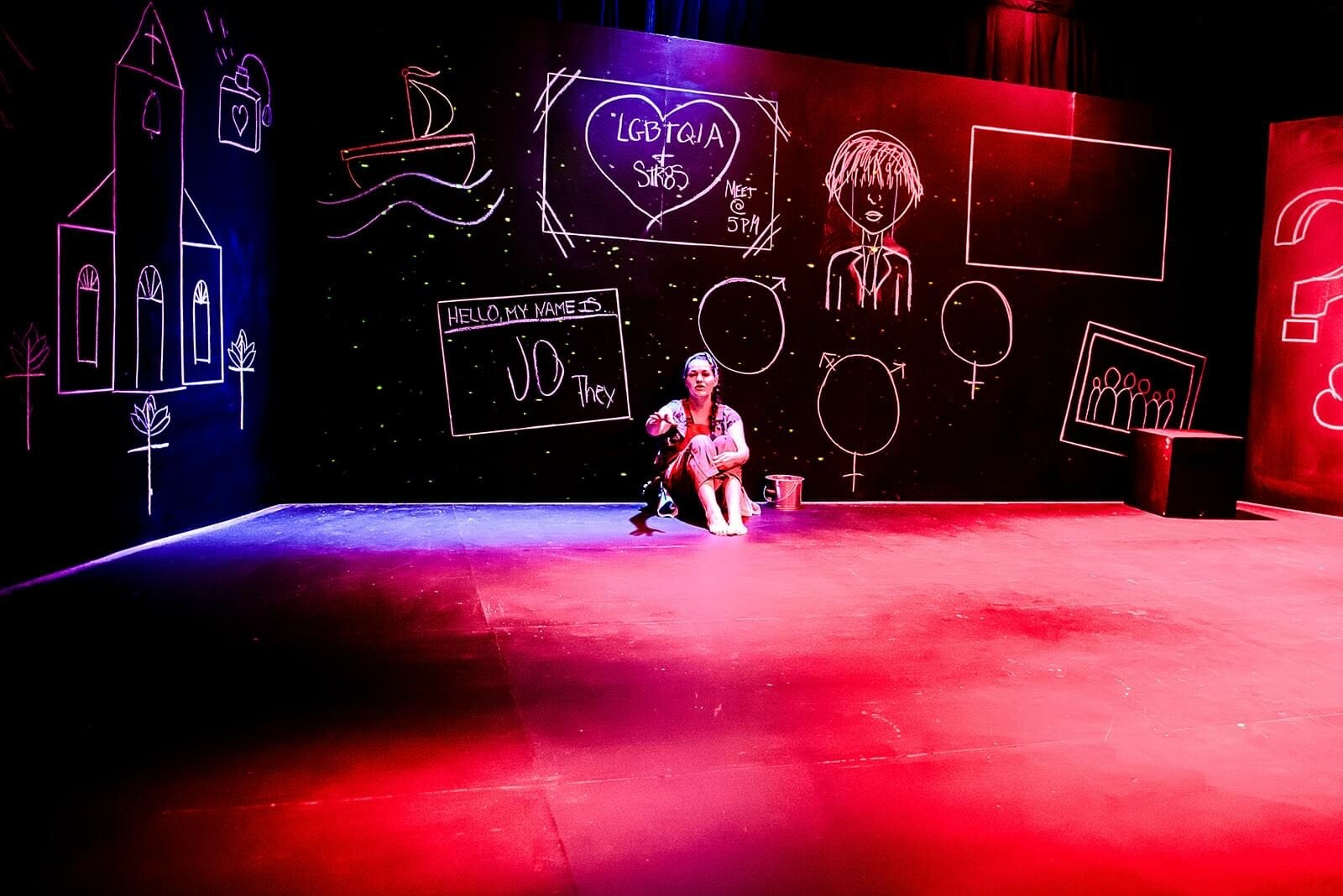
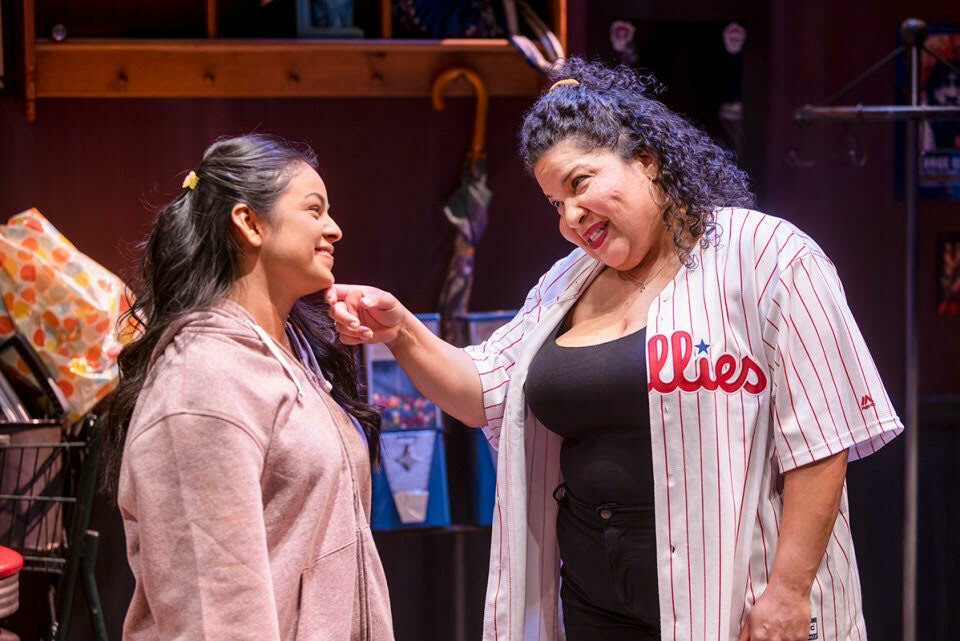
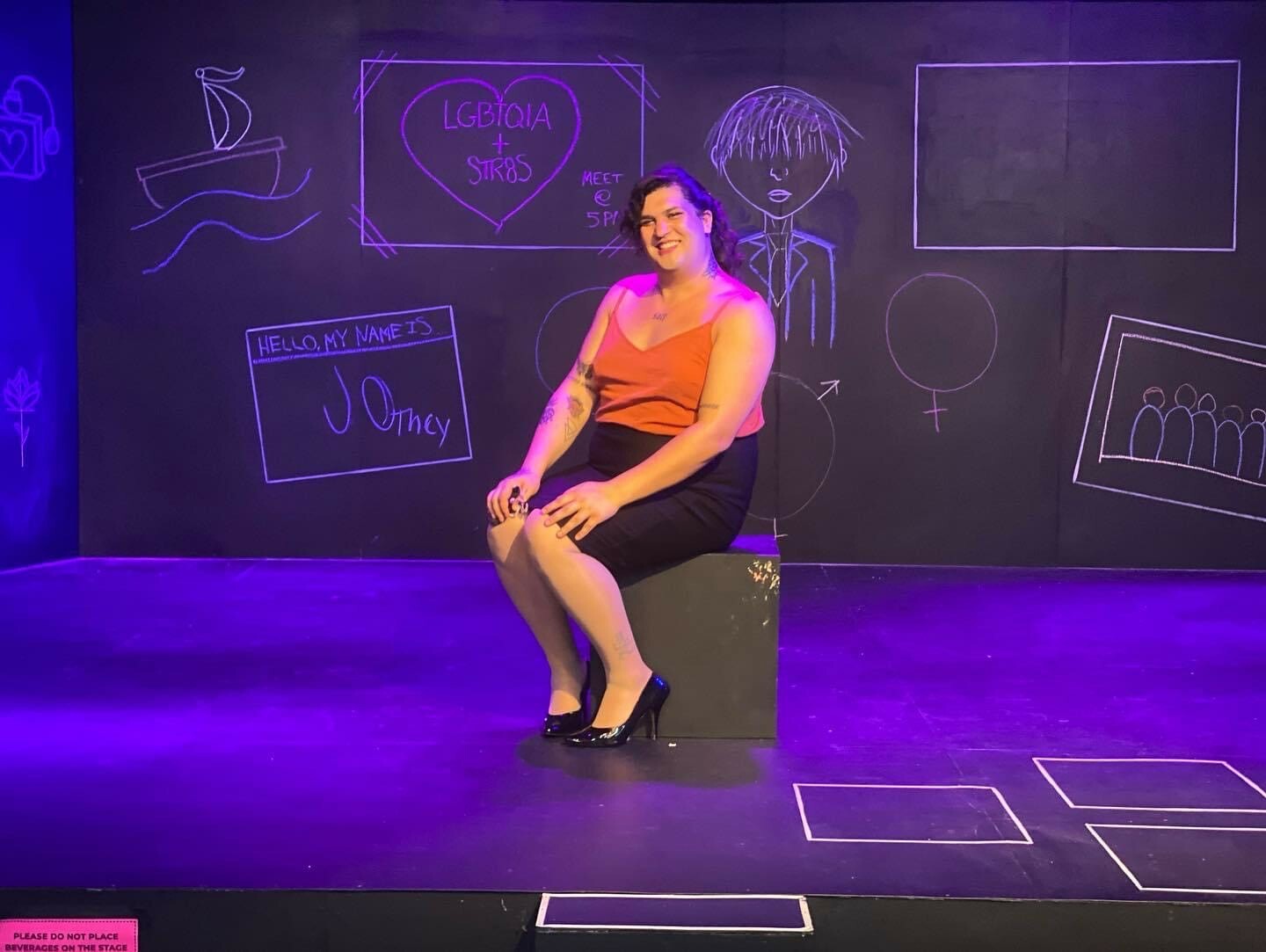
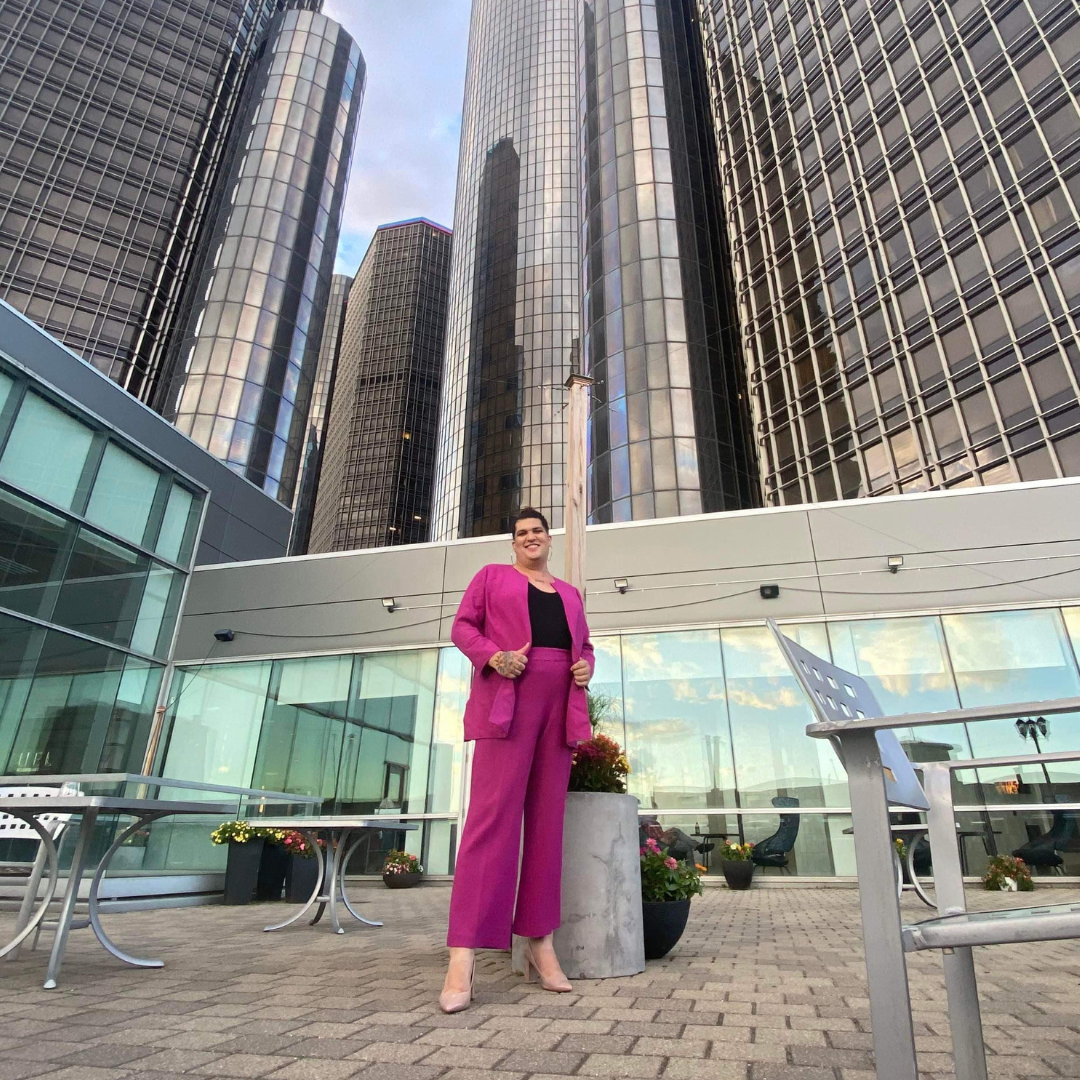
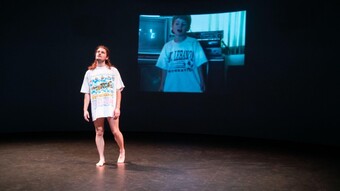



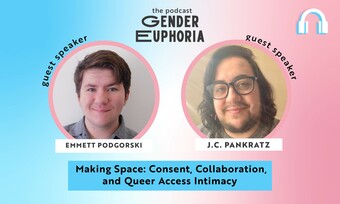



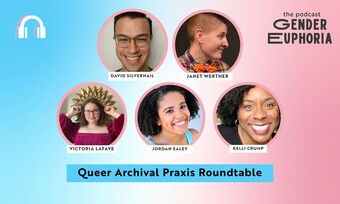





Comments
The article is just the start of the conversation—we want to know what you think about this subject, too! HowlRound is a space for knowledge-sharing, and we welcome spirited, thoughtful, and on-topic dialogue. Find our full comments policy here
Thank you for this series! I am really enjoying and learning from these articles!